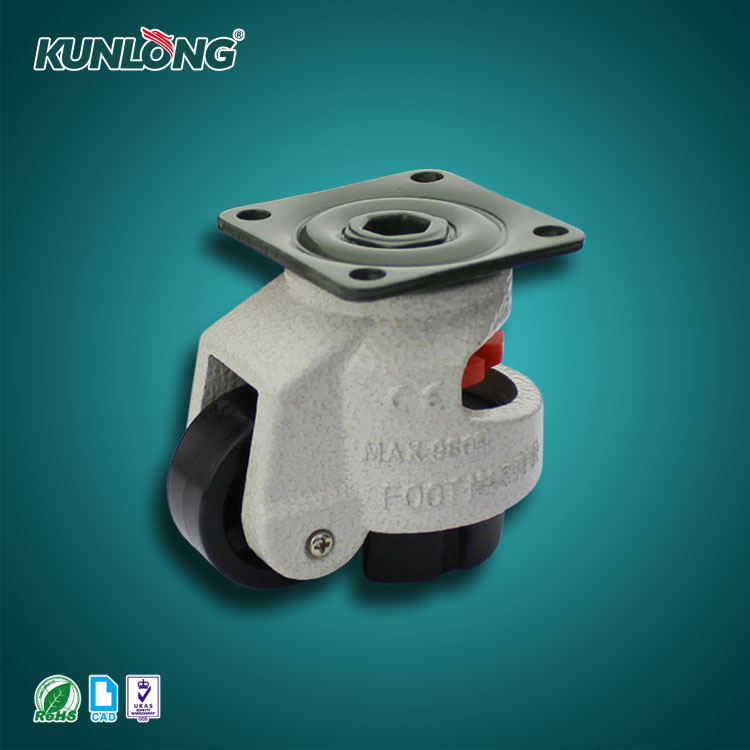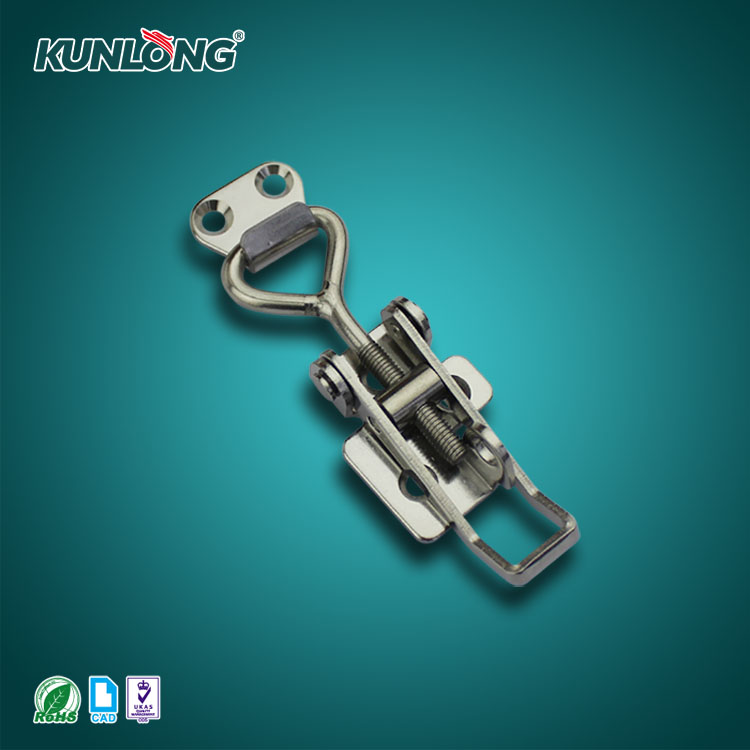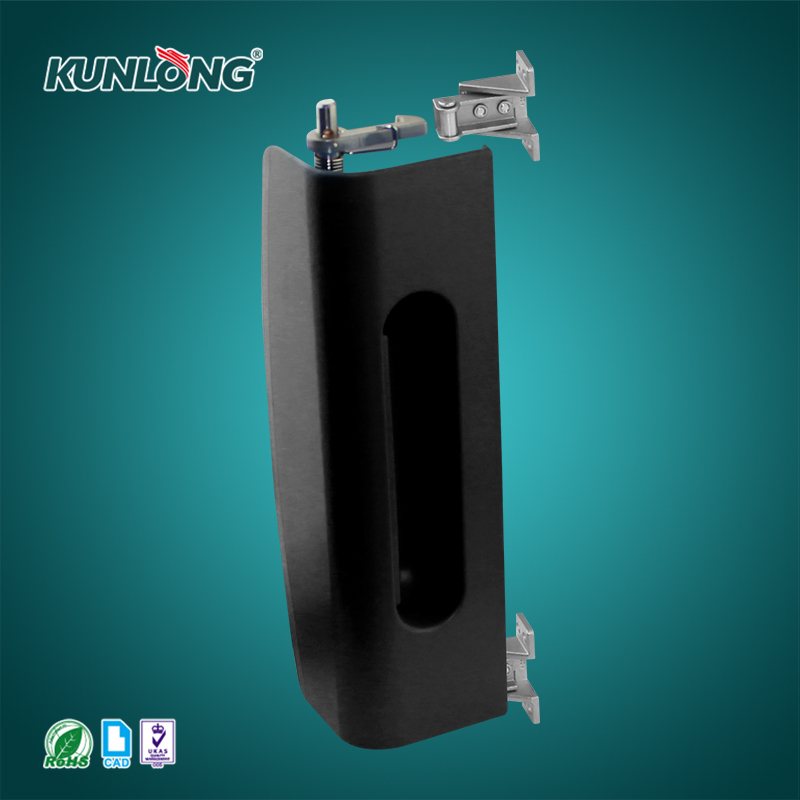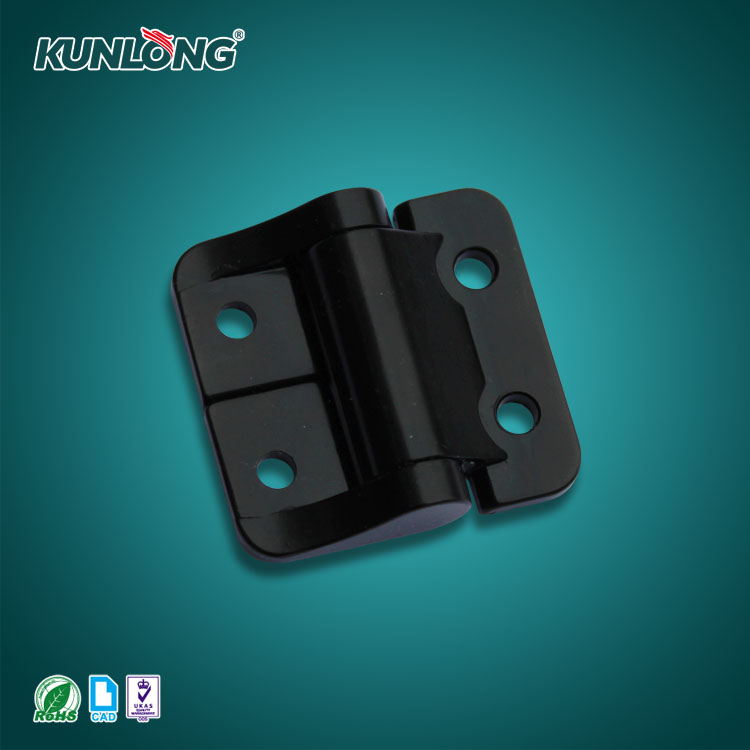What Value Can Shang Kun Provide
Shang Kun, with a highly responsible approach towards the medical industry, ensures close cooperation across all stages of the supply chain to guarantee the quality and safety of biomedical equipment, meeting the demands of the medical sector. We provide secure, environmentally-friendly, and reliable airtight handles and associated components (hinges, latches, handles, locks, toggle clamps, lever locks, compression locks, leveling feet, casters, couplings, and grid frames) based on global standards, particularly offering standardized products for medical storage and testing equipment industries, catering to customers' requirements in various specialized environments. We employ appropriate disinfection and protective techniques, from supplying critical materials to manufacturing high-precision components, and advancing the use of intelligent and digital applications, all contributing to the continuous progress and development of biomedical technology.





